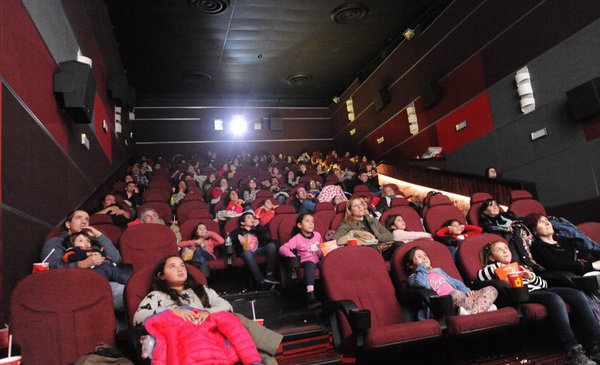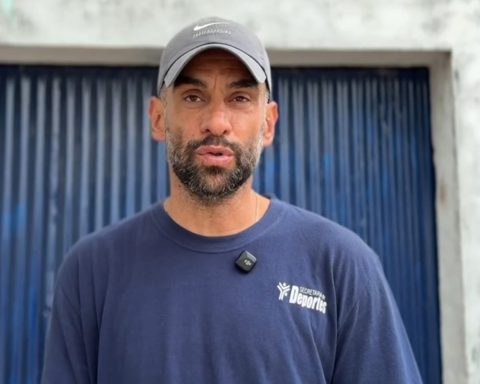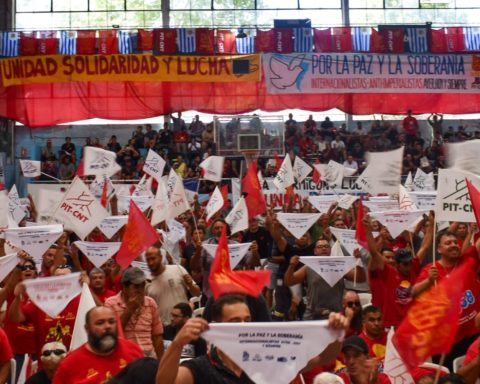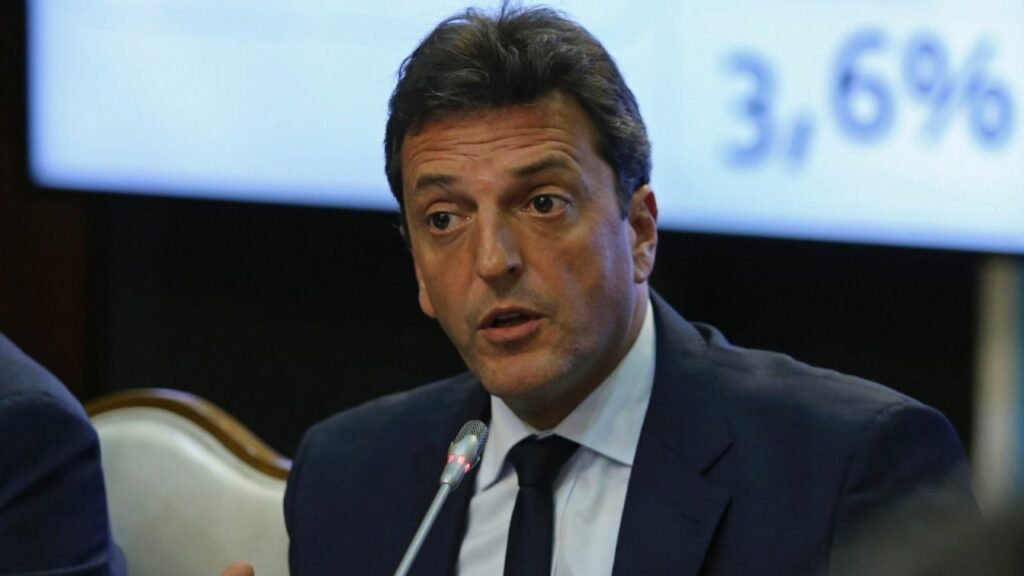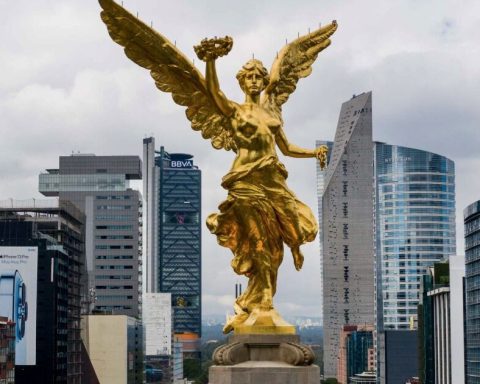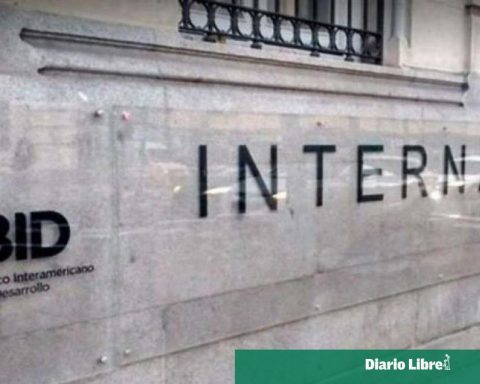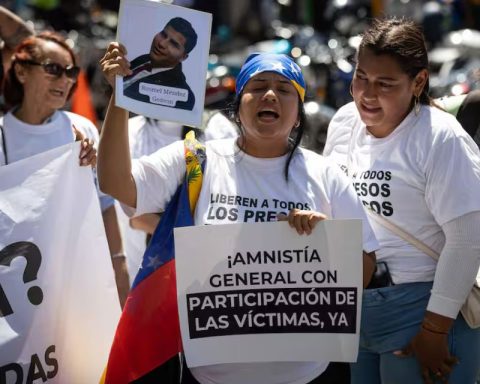Before the year is out, the most cautious (and wealthy) parents start planning for next winter’s vacation. That is why the number of days of recess that the National Public Education Administration grants to schoolchildren (and when they fall) are among the most anticipated data by families. For the school year 2023 arrives with news.
The Codicen approved this Wednesday the school calendar that will begin on Monday, March 6 for the youngest school children (from first to third grade of Primary School) and which will start a day later for the older ones (from fourth to sixth). In the same document it is established that thes winter holidays will be a single week (between July 17 and 21), within which the holiday of the Jura de la Constitución coincides. Y spring break will be only three days (from 20 to 22), including teacher’s day. Why?
The educational authorities chose to return to the regime prior to the pandemic, in which the public school had a single week of winter break to “earn” more school days in the year.
In the previous administration, the then Primary Council led by Irupé Buzzetti had shortened the historical two weeks of recess to just one. In return, in spring two days were added so that the September recess would last a whole week (coinciding with Teacher’s Day).
Now that the health emergency is over —and therefore the recess of two consecutive weeks is no longer requested to cut off the epidemics of winter respiratory diseases—, the Codicen understood that it had to adjust the calendar so that more days of class could be gained. Without counting the possible strikes, the technical assemblies of teachers or other unforeseen events, the youngest schoolchildren will have 185 school days, the same as the average of the countries of the Organization for Economic Cooperation and Development (OECD).
In this sense, the president of the Codicen, Robert Silva, explained that they were “delayed” the July holidays for the third week of that month “to earn one more day for the holiday of July 18”.
Despite this attempt by the authorities to win school days, there are two factors that make Uruguayan schoolchildren lack the same classroom exposure as several of the most developed countries. On the one hand, the summer holidays are extended for many consecutive days (almost eighty days off). In other countries that amount is distributed throughout the year and the summer recess is shortened. Much more in countries like Denmark, Australia, Japan or Israel who have more than 200 school days. On the other hand, the majority of Uruguayan schoolchildren attend educational centers with only one shift, for which reason the class hours last a morning or an afternoon.
“The letter with cold does not enter”
During the covid-19 pandemic, the winter school holidays returned to their original reason: health reasons. Because at the beginning of the 19th century it was understood that epidemics of respiratory infections (especially flu) meant that students and teachers had to be absent for too many days and that it was necessary to stop viral transmission. Not only in Uruguay, Chilean poet and teacher Gabriela Mistral popularized the phrase “cold letters do not enter” in reference to the need for children in the most vulnerable areas to have a rest in the bloodiest weeks of winter.
Elementary inspector Abel J. Pérez signed a resolution in July 1915 which said: “The high number of leaves that are granted annually for justified illness is more than eloquent testimony of the extent to which the interest of teaching itself demands special contemplations for the health of teachers”, Therefore, vacations were established “from July 16 to 31 of each year” (which was later changed).
In the rural schools (previously called farm schools) the recess was a little earlier because a break was contemplated in winter due to the harvest of the crops of that time of the year, at a time when families (including children) were engaged in farm tasks. José Pedro Varela had authorized these special licenses.
And why now is not continued with the health reason? New evidence confirms that viral transmission does not occur only at school and that the circulation of respiratory viruses (such as influenza or RSV) may not always follow a linear march. The best example is this current year, where pediatric hospitals were saturated until November given the infections of respiratory viruses in minors.
In addition, the evidence that became stronger after covid-19 is that most respiratory viruses are transmitted through the air (not only the droplets that are expelled when speaking and exhaling, but also smaller particles), therefore which does not make sense that there is no school and the children are locked in a theater or a cinema with poor ventilation.
In this sense, the cut in vacation days is intended, above all, as a rest, and it is intended that those parents who cannot take leave do not have to seek care for their little ones for two consecutive weeks. At the cost of this change, the tourist and theatrical activity typical of winters would be affected.
The authorized private schoolsfor their part, must comply with the minimum number of school days of the year and the base calendar, although they have the possibility to start the courses earlier and take up to five days of holidays distributed throughout the year, with which some will take two weeks of vacation in July.
